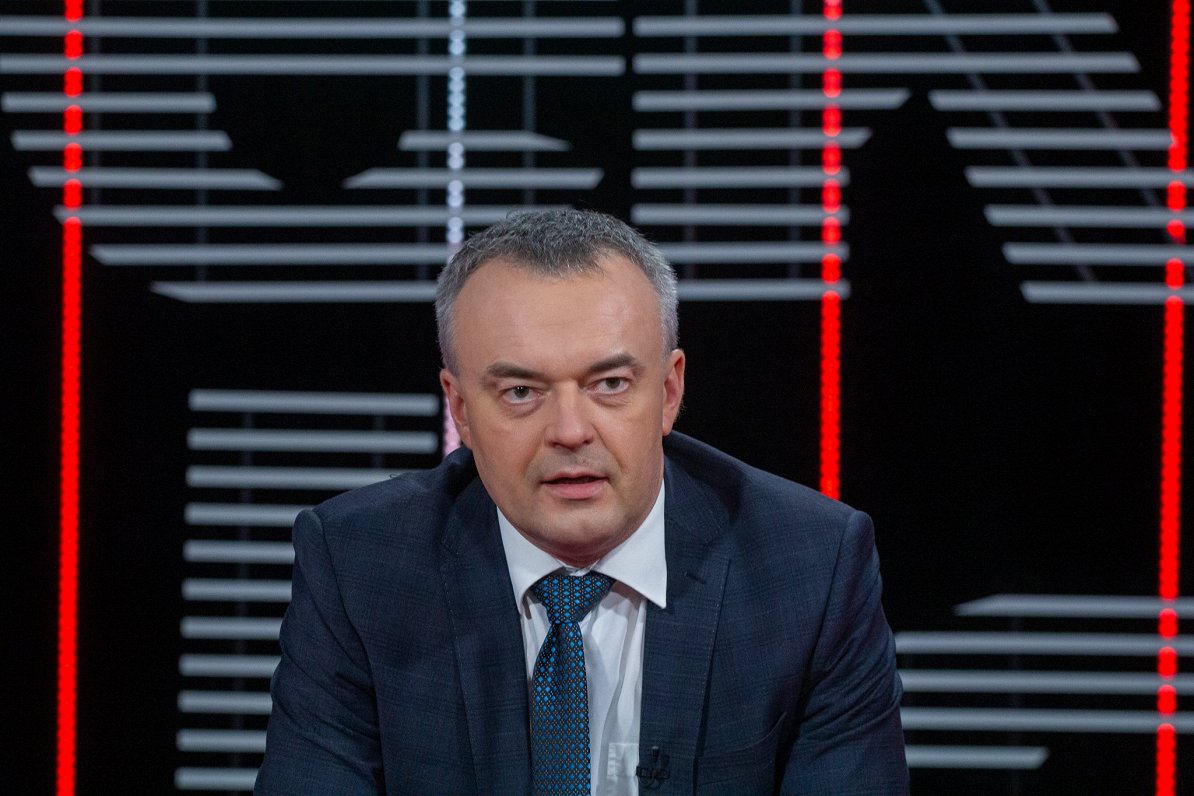The long-discussed economic growth is expected, predicts Pēteris Strautiņš. He stresses that he does not see any sector being shortchanged in the draft law.
One of the most important changes is the simplification of the tax system, which will make the work of accountants easier and people will receive more on average, the economist says. Excise duties will rise for various groups of products, like sweetened beverages, alcohol, and fuel but the price increase will not be as significant, he says.
“Exports are slowly coming out of the crisis, but we still don’t expect to see a sharp increase next year. One would also expect a warming effect on the economy from consumption, and it is clear that real wages will grow quite significantly next year, but they have grown even faster this year and private consumption – barely, barely,” Strautiņš said.
The catering industry also sees the planned tax changes positively, LTV reports. Caterers have always stressed the importance of reducing the tax burden on labor, as the biggest costs are the wages and taxes of workers.
“This is the first hopeful step that these changes will not happen linearly – cutting taxes will probably reduce the shadow economy and this will give legislators more confidence to act with tax rate cuts. If we see that we are moving in the right direction, maybe it will be easier to talk about other tax changes in the future,” says Anita Gleizde, Board Member of Baltic Restaurants Latvia and representative of the Latvian Caterers’ Association.
Caterers have also repeatedly called for a reduction in the value-added tax rate for catering services, but this is not expected next year. They hope that in the coming years, the parliament will take a broader step towards tax changes.
Select text and press Ctrl+Enter to send a suggested correction to the editor
Select text and press Report a mistake to send a suggested correction to the editor
Tell us about a mistake
